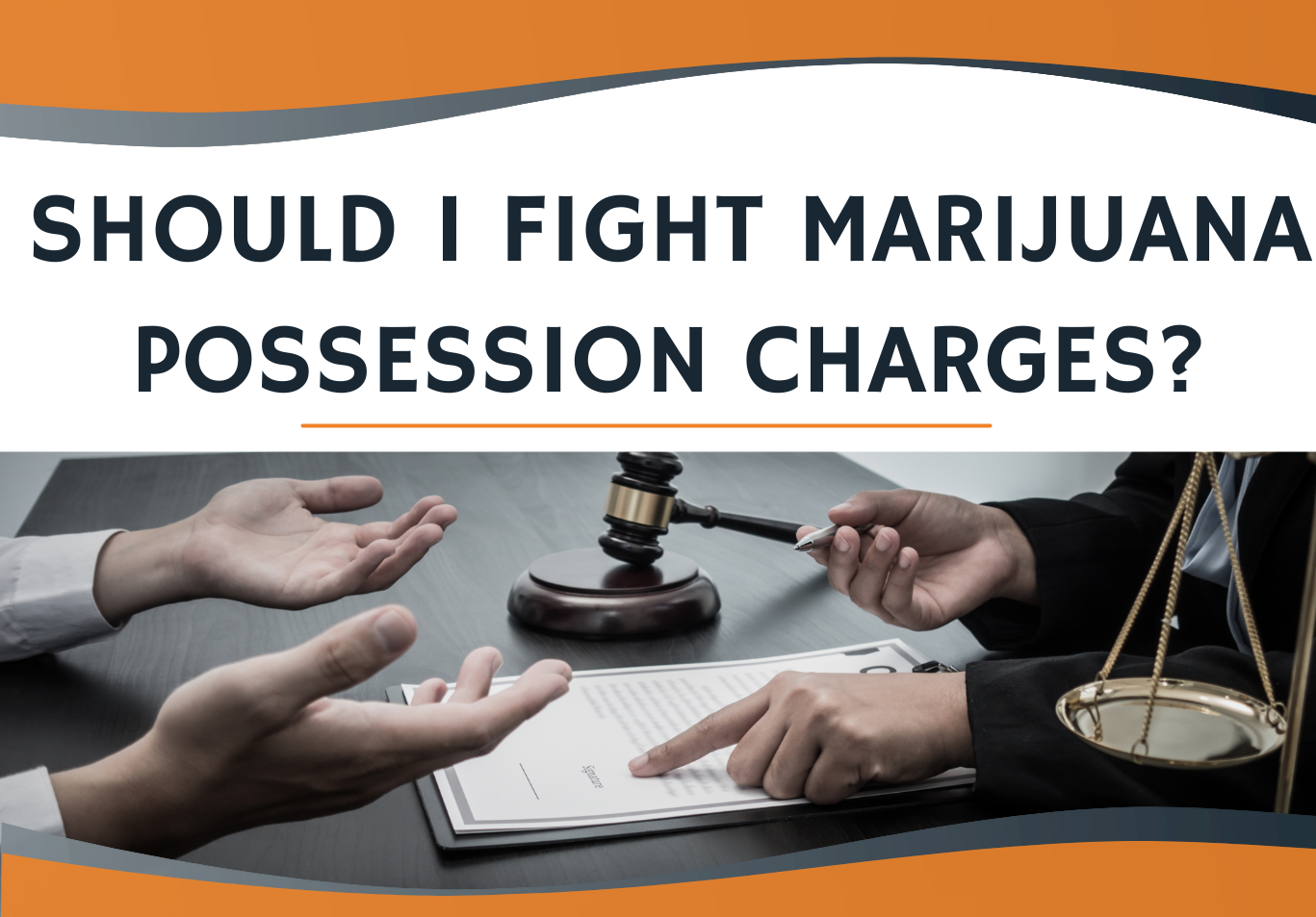 What is a Certificate of Relief?
What is a Certificate of Relief?
When you are convicted of a crime, the judge orders penalties, which may include jail time, community service, loss of driver’s license, fines, and more. Although you completed the sentence that was handed down, your conviction continues to have a negative impact on your life. One way to resolve your criminal conviction is with a Certificate of Relief. This is a way to improve your life following a conviction. If you qualify, an experienced criminal defense attorney will assist you in working to obtain a Certificate of Relief.
Basics of a Certificate of Relief
 Charlotte Criminal Lawyer Blog
Charlotte Criminal Lawyer Blog










